
Drinking plenty of water may help reduce the effects of a hangover, but it will not reduce the amount of alcohol in your bloodstream. There are also other factors that can affect the amount of time it takes for alcohol to be cleared from the body. For example, food can slow down the absorption of alcohol, meaning it will take longer for the body to process it. Some medications can also interfere with the metabolism of alcohol, resulting in a longer clearance time. If consistent hangovers are becoming an issue, it is important to take a look at the drinking habits that encourage the ill after-effects of drinking too much alcohol. And always consult a healthcare professional if hangover symptoms persist or worsen, as individual responses can vary.
- However, this can be impacted by various factors such as weight, metabolism, and the amount of alcohol consumed.
- The “Et” stands for the ethyl group (C2H5) and OH represents the hydroxyl group (OH), which together form ethanol (C2H5OH).
- Creatine is a normal byproduct of muscle function, and urea is a byproduct of amino acid and protein breakdown.
- Factors like weight, age, gender, and overall health can affect this rate.
- Your body processes alcohol through a metabolic pathway involving alcohol dehydrogenase enzymes, which convert ethanol into acetaldehyde and eventually to acetic acid.
- Accordingly, drinking water or any other beverage will not influence the rate at which your body eliminates alcohol.
- These methods will not help your body to process alcohol any quicker and you will still remain intoxicated and impaired.
Kidney Protection
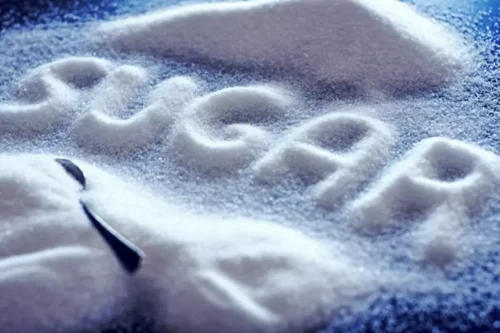
If you often find yourself trying to speed up the recovery from a standard drink or several, a structured approach to detox may be beneficial. Your liver processes alcohol at the rate of one drink per hour, according to the National Institute on Alcohol Misuse and Alcoholism (NIAAA). That means it can take three to seven hours for your body to metabolise and eliminate one to four drinks, depending on several factors.
How To Help Yourself Feel Better From a Hangover
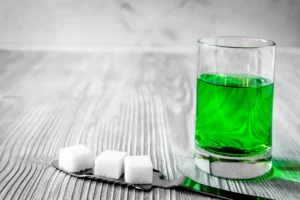
Eating oily fish high in Omega-3 fatty acids can protect the brain against irreversible damage from alcohol consumption, warding off dementia and other conditions. Alcoholics Anonymous It is a vital diet ingredient for all individuals recovering from alcoholism. Remember, the healthier your liver is, the faster it will process alcohol and help you reach sobriety.
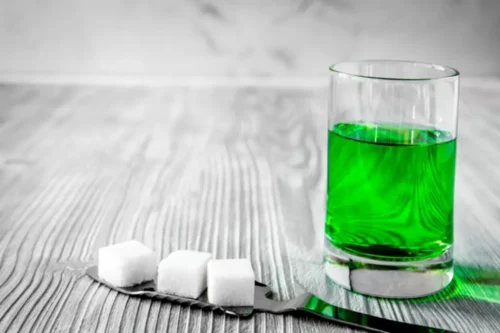
Natural Ways to Help Your Body Clear out Alcohol
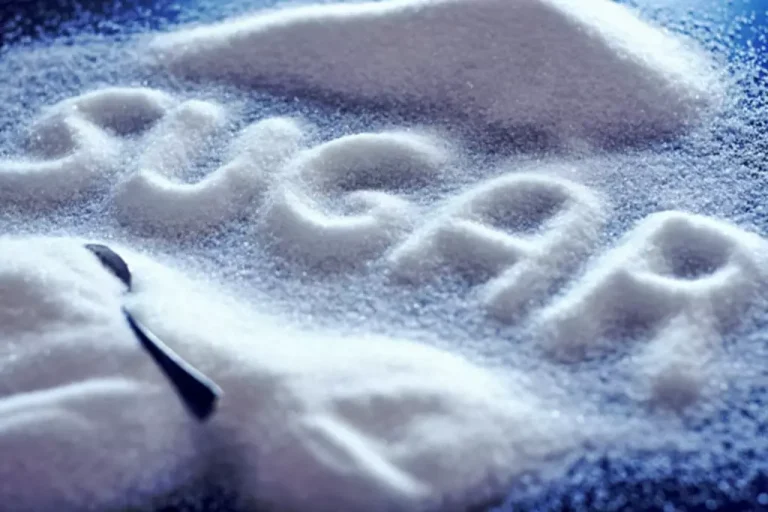
Factors like metabolic rate, body composition, and alcohol tolerance also play a role. Sleep is crucial as it allows the body to focus on metabolizing alcohol without interference from additional alcohol consumption. Unfortunately, alcohol metabolism must run its course, and there is no way to speed up the process. Your liver health and ADH levels will determine how efficiently your body processes the alcohol you’ve consumed. Most of the work is done there—approximately 90% of alcohol is eliminated by the liver.
When people detox from alcohol, dry mouth and extreme thirst are common. Eating food will not help to metabolize alcohol any faster but may help to sober you up by absorbing some of the alcohol in your bloodstream. A study published in the Journal of Alcohol and Drugs found that people who drank water before bed woke up feeling refreshed more than those who didn’t drink any water. The researchers believe that this is because drinking water helped to flush out the alcohol from their system. When your body is working to flush alcohol out of your system, certain foods can hinder this process. Being mindful of your diet during detox is as important as knowing what to eat.
The only way to reduce the amount of alcohol in your system is to wait for your body to process it. It is a common misconception that drinking plenty of water will help flush alcohol out of your system. While it is true that drinking water can help reduce the effects of a hangover, it is not an effective way to reduce the amount of alcohol in your system. In order to understand why this is the case, it is important to understand how alcohol is processed in the body.
Does Water Flush Alcohol Out of Your System?
The truth is, time is the most effective way for your body to clear out alcohol. Once does drinking water help flush out alcohol you stop drinking, your body will gradually process and eliminate the alcohol. While there’s no way to speed up this process, certain practices can support your overall health and help you feel better as you wait.
- It’s important to drink plenty of fluids when you’re drinking alcohol, but it’s also important to limit your water intake so that you don’t overdo it.
- “Hangover severity and thirst were not improved by water intake, indicating that hangovers and dehydration are related, but separate effects of alcohol consumption,” she says.
- The Recreate Behavioral Health Network offers comprehensive services for managing addiction and mental health concerns.
- It is a solvent that helps cells use and transport oxygen and vital nutrients.
- Factors such as hydration levels, metabolism rate, and overall health play a significant role in determining the speed at which alcohol is removed from the body.
When targeting the symptoms of a hangover, it’s best to consider the individual symptoms and not tackle the hangover as a https://ecosoberhouse.com/ whole. Alcohol is one of the main reasons why someone’s more likely to die due to drowning. On the other hand, often one of the biggest hurdles to shifting your relationship with drinking is peer pressure or even judgment from friends or family who might not accept the change right away. Figure out a plan for what you want to do or what you want to say ahead of time.
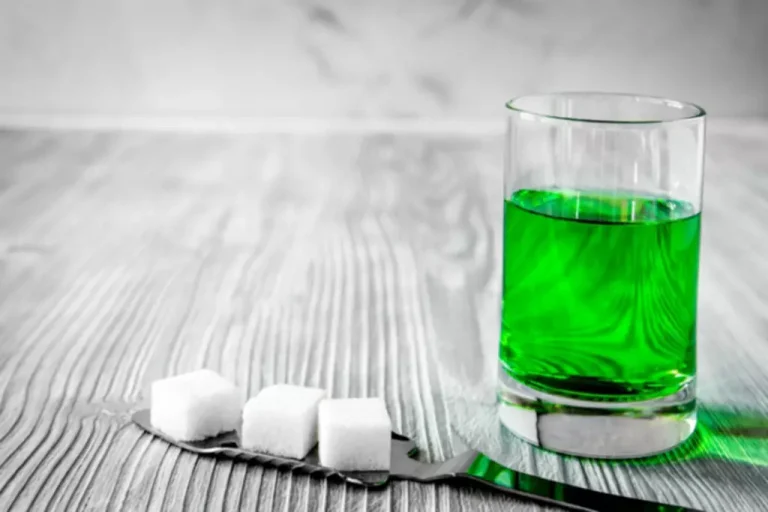
Urine Test
Maintaining adequate hydration levels can help mitigate the health effects of alcohol consumption, such as headaches, fatigue, and dizziness. By drinking water, individuals can support their bodies in flushing out toxins and promoting overall well-being. Hydration also assists in reducing the time alcohol stays in the system, as the kidneys can effectively filter out alcohol metabolites when well-hydrated. Eating a healthy diet and getting adequate rest also support the body’s ability to process substances efficiently.
What are the risks of drinking too much water to flush out alcohol?
Drinking plenty of fluids is important when you are drinking alcohol to help prevent dehydration and its symptoms. If you are hungover, consider drinking sports drinks or rehydration solutions in addition to water to replenish lost electrolytes. Alcohol can also cause dehydration by damaging your gut lining, so it’s important to keep hydrated if you’re drinking alcohol regularly. When you consume alcohol, your body begins to absorb it and it is then processed by your liver. The liver breaks down the alcohol into acetaldehyde, which is then further broken down into acetate and further into carbon dioxide and water. The amount of time it takes for your body to break down the alcohol will depend on several factors such as your age, gender, body size, and how much you have consumed.
Leave a Reply